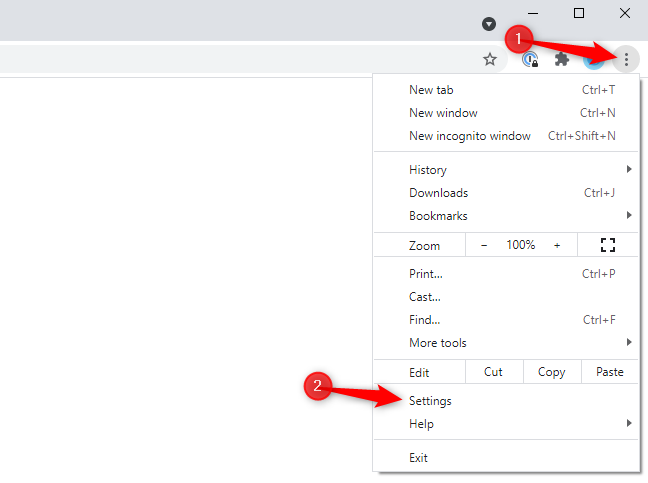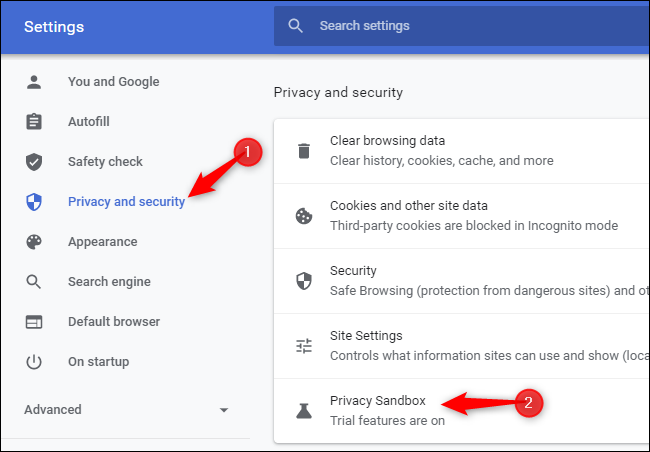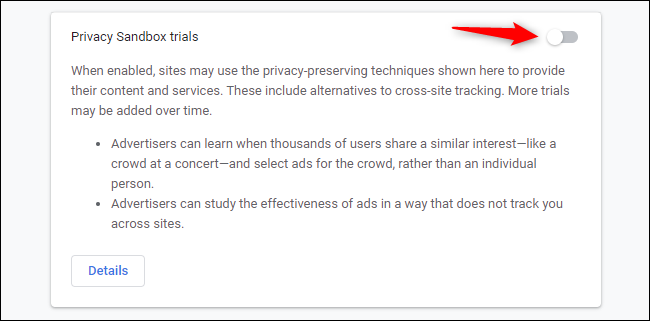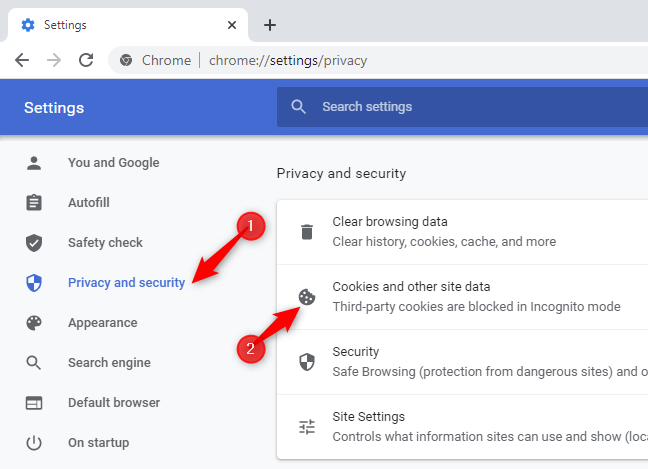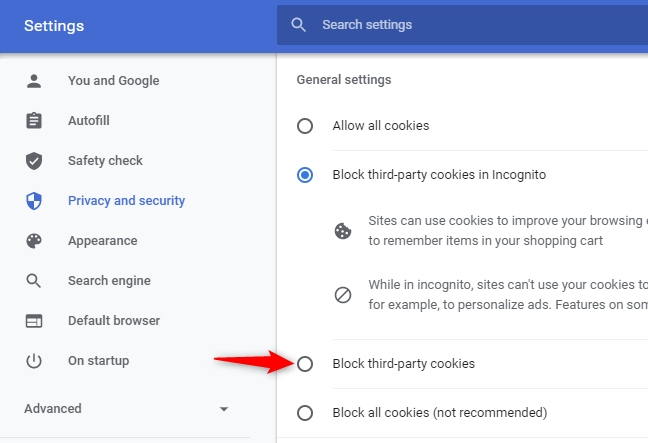Quick Links
In March 2021, Google began testing its new ad-targeting initiative called Federated Learning of Cohorts (FLoC) with a subset of Chrome users. The plan is to implement FLoC as an alternative to cookies---which are being phased out---to track online behavior.
While Google says that the new measure is designed to respect user privacy, others claim that FLoC creates more problems than it's trying to solve. Entities like the Electronic Frontier Foundation (EFF) argue that it's still possible for bad actors to link Google's anonymized cohort IDs with individual people.
How Does FLoC Work?
FLoC works by monitoring people's browsing, assigning their aggregated behavior an ID, and then grouping browsers with similar browsing behaviors together. The data from these groups, called cohorts, is then used to show people targeted ads.
Google claims that this grouping together of anonymized browsing activity will effectively hide people's individual identities. Despite that, other big tech companies like Apple and Microsoft aren't getting on the bandwagon.
Privacy Concerns around FLoC
The EFF claims that FLoC raises new privacy concerns with its attempt to replace cookies. One is that fingerprinting---the process of figuring out someone's individual identity from bits of their browsing history---could get easier.
How? Well, since users with similar behavior get grouped together, a bad actor would have to start with only a pool of thousands of anonymized IDs to sift through instead of millions. And if your browsing history is different from others in your cohort, that makes it even easier to pick you out.
Also, if your cohort data is given to a site that you've already logged in to with Google, someone with both sets of information could figure out your individual identity---even with your cohort ID anonymized.
Those opposed to FLoC say that it just replaces cookies with a new form of the surveillance business model that's caused so many problems before. Targeted ads, they argue, cause too many problems to try and save.
How to Check If Your Chrome Browser Is Using FLoC
Before opting out, you'll need to check whether your browser is part of Google's test run. The EFF's website Am I FLoCed? lets Chrome users quickly and easily check to see whether FLoC is running in their browser.
How to Opt out of Google FLoC
If you are being tracked, there are a few options available to disable or opt out of FLoC:
- Go into Google Chrome's settings menu and manually opt out.
- Install a browser extension made to block FLoC.
- Switch away from Chrome and use a different browser.
To manually opt out in Chrome, go into the browser settings and disable third-party cookies. This will also disable FLoC.
You can now also disable "Privacy Sandbox trials" to disable FLoC and prevent Chrome from enabling it in the future. If you don't have this option yet in Chrome, you will need to disable third-party cookies instead.
You'll find both options on Chrome's Settings screen. Click menu > Settings to open it on Windows. On a Mac, click Chrome > Preferences.
Select "Privacy and Security" in the left pane. Next, click "Privacy Sandbox" at the bottom of the Privacy and Security section in the right pane---if you see that option.
On the Privacy Sandbox page, click the "Privacy Sandbox trials" switch to disable this feature and tell Chrome not to enable FLoC in the future.
If the switch is gray, it's disabled. If the switch is blue, it's enabled.
If you don't yet have the Privacy Sandbox controls in your Chrome browser, click "Cookies and other site data" in the right pane.
Select "Block Third-party Cookies" under General Settings here. You can now close the Settings tab.
Alternatively, you can use the Chrome browser extension designed by the makers of DuckDuckGo. DuckDuckGo is known for its privacy-centric browser and says that searches from its website will disable FLoC by default regardless of whether you have an extension installed.
If you don't want to bother with either of the above, you could download an entirely new browser to get around FLoC. Brave and Vivaldi, both built on Chromium, have pledged to disable FLoC by default. Safari is built on Webkit, not Chromium, so FLoC isn't an issue there. The makers of Firefox have also said that they won't participate. Microsoft has disabled FLoC in its Chromium-based Microsoft Edge browser, too.


